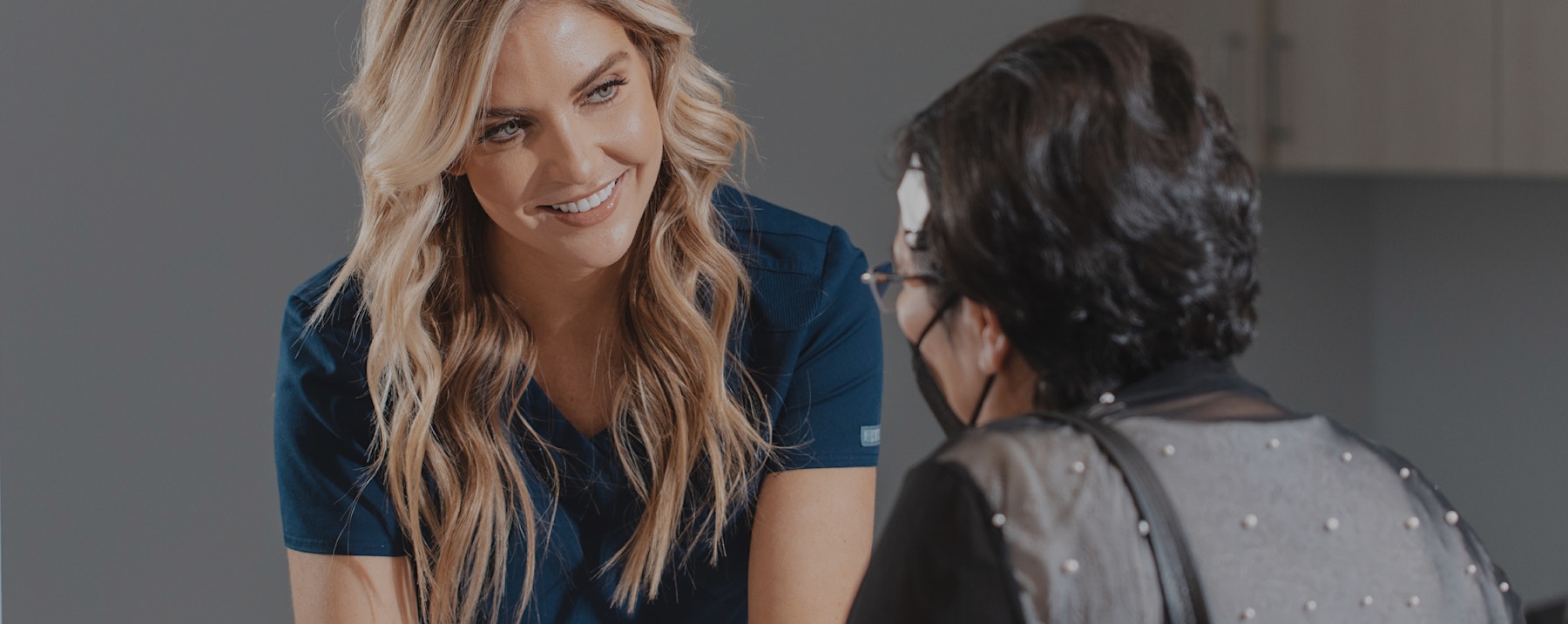
You can end up with a wound for a variety of reasons. Some wounds can be as tiny as a paper cut, and others can be as significant as a large ulcer. However, no matter what created the opening in your skin, your body goes through four general stages to heal the damage.
At our Wound Evolution and Hyperbaric Medicine clinics, our team creates an aggressive multi-disciplinary plan focusing on rapid wound healing, preventing further complications including amputations. Here are a few important things to know about wounds and when to seek medical attention.
Signs of a problem
Most wounds without complications start to heal within a few weeks. However, as many as 6.5 million Americans live with chronic wounds that don’t heal correctly.
Common signs that a wound isn’t healing properly include:
- Swelling, warmth, or redness in the area, especially if it’s spreading
- A bad or foul odor
- Oozing liquid or pus
- Increased pain or tenderness
- Darkening skin
- Fever
A wound that has not healed within four weeks is chronic and needs medical attention by a professional wound care specialist. Without treatment, these types of wounds can increase your risk of serious health complications, such as infection, tissue loss, and even limb amputation. If you are among a higher-risk population such as a those who are diabetic or suffer from vascular disease, your window to seek medical attention will be smaller than 4 weeks.
Why a wound won’t heal
A wound needs an essential supply of oxygen, nutrients, and other vital growth factors to heal properly. So, without a healthy blood supply to the damaged tissue, the healing can be significantly impacted and lead to chronic and potentially dangerous problems.
Common types of chronic wounds include:
- Venous ulcers in the legs due to swelling
- Arterial wounds due to lack of blood flow
- Diabetic ulcers from neuropathy
- Traumatic ulcers from puncture wounds
- Post-surgical wounds
- Radiation wounds post-radiation therapy
Treating these types of wounds is crucial. Our team at Wound Evolution relies on the most advanced therapies to support your body’s ability to heal. These treatments include wound debridement, compression therapy, wound vac therapy, total contact casting, bio-engineered skin grafting, and hyperbaric oxygen therapy. No matter your condition, we’ll give you a thorough evaluation and design a treatment plan to expedite wound healing.
If you have a slow-healing or chronic wound, don’t wait to get treatment. To learn more, book an appointment online or over the phone with Wound Evolution today!
How a normal wound heals
When you have a cut or opening in your skin, you have a wound. Whether you sustain this damage through an accident, fall, scrape, or surgery, your body has a complex four-part system designed to repair the injury.
Stage 1: Hemostasis
First, your body gets to work and tries to stop any bleeding. This process, known as hemostasis, involves clotting and starts within seconds or minutes after tissue damage occurs. As blood clots “plug” your wound to stop the bleeding.
Stage 2: Inflammation
After a plug forms, blood vessels in the area allow fresh nutrients and oxygen into your wound to promote healing. At this stage, cells in the area also work to fight infection, and you might notice a clear fluid on or near your wound.
Stage 3: Growth and proliferative
When you reach this stage, your body can start producing new tissue to repair damage and close the wound. Think of it as a construction site, except you have oxygen-rich red blood cells and chemical signals rebuilding connective tissues.
Stage 4: Maturation
In most cases, a wound is nearly repaired (closed) within three months, though this “remodeling” process can continue on a cellular level for a few years. At this stage, you may notice itching, puckering, or stretching around your wound, which usually fades with time. While this new tissue is strong and healthy, it only regains approximately 80% of its pre-injury strength.

